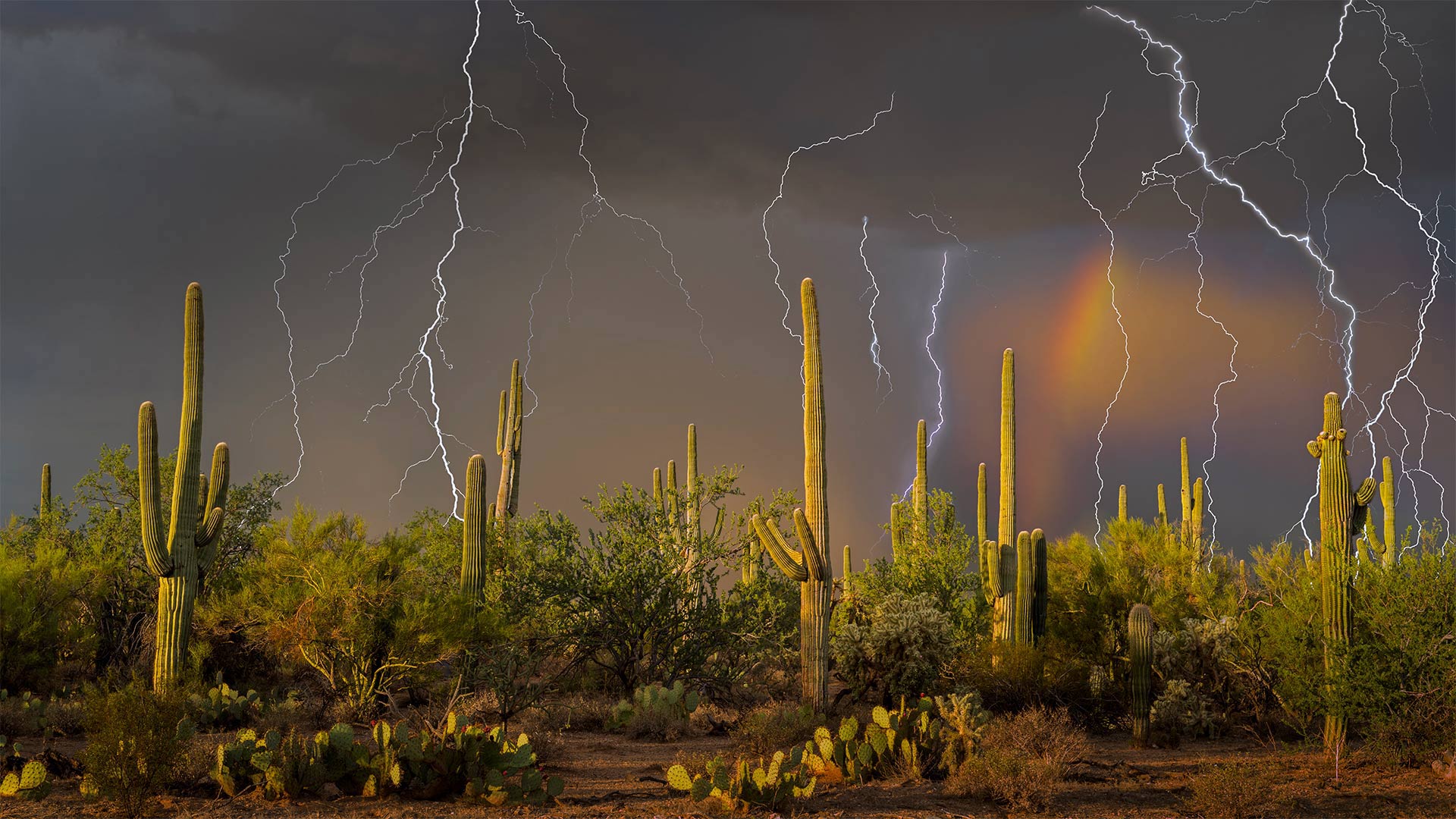Vietnam is currently facing a heated debate over the construction of a controversial incinerator in the northern province of Nam Dinh. The project has been met with strong public resistance and concerns over its potential environmental impact. As the government pushes forward with the plan, environmentalists and local residents are voicing their opposition, citing various health and environmental risks associated with waste incineration.
The proposed incinerator, which is a joint project between Vietnam and Japan, aims to address the country’s growing waste management problem. With a rapidly expanding population and urbanization, Vietnam is struggling to manage its waste in a sustainable and environmentally friendly manner. The incinerator is seen as a solution to reduce the volume of waste and generate energy from the combustion process.
However, the construction of the incinerator has been met with strong opposition from local residents and environmental activists. They argue that the incineration process releases harmful pollutants and toxins into the air and soil, posing serious health risks to nearby communities and ecosystems. The controversy has sparked protests and public debates, as both sides present their arguments and concerns.
Environmental Impact of Incineration
Waste incineration is a controversial method of waste management that has been widely criticized for its negative environmental impact. When waste is burned at high temperatures, it releases a variety of pollutants into the atmosphere, including dioxins, furans, and heavy metals. These substances are known to be harmful to human health and can cause a range of health problems, including respiratory issues, cancer, and developmental disorders.
In addition to air pollution, incineration also produces toxic ash and residues that can contaminate soil and water. This can have long-term effects on the environment and the health of local communities. Environmentalists argue that the potential risks of incineration outweigh its benefits, and that there are better, more sustainable alternatives for waste management, such as recycling and composting.
Public Resistance and Protests
The controversy surrounding the incinerator has led to widespread public resistance and protests in Nam Dinh. Local residents are concerned about the potential health risks and environmental damage that could result from the construction and operation of the facility. They fear that their communities will be exposed to toxic emissions and pollutants, and that their health and well-being will be compromised.
Environmental activists have also joined the fight, organizing campaigns and awareness-raising events to mobilize public support against the incinerator. They argue that the project is a threat to the environment and public health, and that the government should consider more sustainable and eco-friendly alternatives for waste management.
The government, on the other hand, maintains that the incinerator is essential for addressing the country’s waste management challenges. They argue that the incineration process will reduce the volume of waste, generate energy, and contribute to the country’s sustainable development goals. However, their assurances have failed to appease the concerns of local residents and environmentalists, who continue to push back against the project.
FAQs
Q: What are the potential health risks associated with waste incineration?
A: Waste incineration releases harmful pollutants and toxins into the air, including dioxins, furans, and heavy metals, which can cause respiratory issues, cancer, and developmental disorders.
Q: Are there alternative methods for waste management?
A: Yes, there are more sustainable alternatives for waste management, such as recycling, composting, and waste-to-energy technologies that do not rely on incineration.
Q: What are the long-term environmental effects of waste incineration?
A: Waste incineration produces toxic ash and residues that can contaminate soil and water, posing risks to ecosystems and public health.
Q: Is the incinerator project being pushed forward despite public opposition?
A: Yes, the government is continuing with the construction of the incinerator despite strong public resistance and protests.
In conclusion, the controversy surrounding Vietnam’s controversial incinerator reflects the broader debate over waste management and environmental protection. While the government sees incineration as a solution to the country’s waste challenges, local residents and environmentalists are raising serious concerns about the potential health risks and environmental damage associated with the project. As the debate continues, it remains to be seen how the government will address the opposition and whether alternative solutions will be considered.
Vietnam’s Controversial Incinerator: Environmental Impact and Public Resistance




